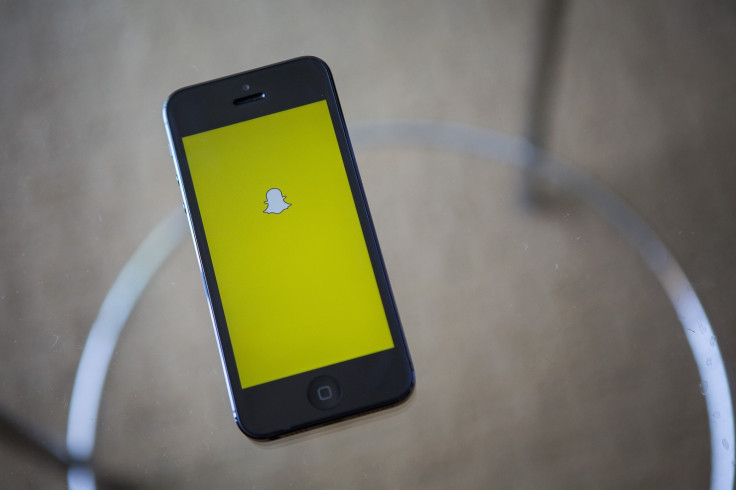Snapcash: Who Will Trust Snapchat With Bank Details When it Can't Even Guarantee Pictures Safety?

Snapchat is the messaging service of the moment. It is hugely popular among teenagers who use it to send pictures and text messages.
Its defining feature is allowing messages sent by users to automatically delete after they have been viewed - or after a specific amount of time.
As the company itself says - "Deletion is our default."
Except it's not. Not really.
Buried beneath the widespread media attention of the company's new Snapcash feature which launched on Monday, was an update to Snapchat's privacy policy which lays out, in remarkably clear language, that your pictures and messages are not guaranteed to be deleted when you expect them to be:
Snapchat's updated privacy policy page now says:
We can't guarantee that messages will be deleted within a specific timeframe. And even after we've deleted message data from our servers, that same data may remain in backup for a limited period of time.
Of course this is not necessarily surprising to most people, but what is surprising is just how blatantly the company spells out just how poor its implementation of its big feature really is.
Incapable
It also raises the question, who would hand over their banking details to a company which is clearly incapable of securing any of the content users already give it?
Snapcash, which was launched with the all-singing, all-dancing video below, is a feature rolled out in partnership with Square and allows users to send money to friends by simply typing the amount into the subject line of a message and pressing send.
The feature is limited to the US and to those over the age of 18 with a debit or credit card for now, but it still requires users to hand over hugely sensitive financial information to a company with less than a stellar track record of keeping such data safe.
Yes, Square is going to be storing all the details, but given Snapchat's track record in the last 12 months, it is hard to trust a company with information of such importance.
In January this year Snapchat founder Evan Spiegel had to apologise for the leak of 4.6 million phone numbers of Snapchat users.
Then, in May, the Federal Trade Commission told the start-up that it had to stop lying to customers about the nature of its disappearing messages which came eight months after a security researcher showed that photos were actually not removed from smartphones as claimed by the company.
The Snappening
Last month Snapchat made front page news again when 85,000 images and 9,000 videos were stolen from Snapchat users and published online. The event - which became known as the Snappening - was blamed on third-party developers who were using Snapchat's public API to plug into the app's huge user base.
On the back of that Snapchat has announced a permanent ban on the use of all third-party apps using its service and anyone signing into the Snapchat servers using a third-party app will receive an email asking them to stop, reset their password and revert to the official application.
This is obviously a step in the right direction for Snapchat and its security, but for the tens of thousands of users who had private messages plastered all over the internet last month, it will be seen as closing the barn door after the horse has bolted.
Money, money, money
Snapchat is a hot property. It has been courted by Google, Facebook and Alibaba in the last 12 months with talk of multi-billion dollar valuations based on little more than hype.
It is clearly struggling to cope with the exponential growth it has experienced and with such growth comes growing pains, which are being played out in the full glare of the media spotlight.
Snapchat is keen to show that it can turn its reported 100 million user base into revenue, taking its first step towards that with the launch of ads last month. Snapcash will be seen as another step towards monetising its user base, but it should maybe focus on fixing its headline feature.
If "deletion" is to be Snapchat's "default" position, then shouldn't it really make sure it works?
© Copyright IBTimes 2025. All rights reserved.






















